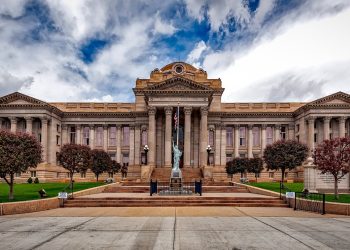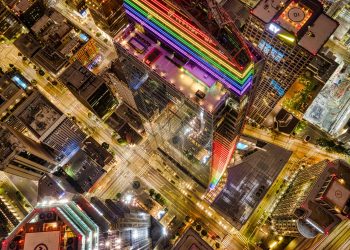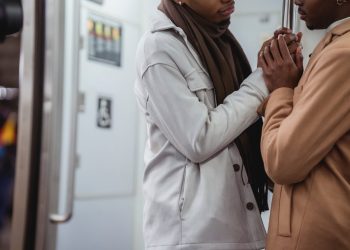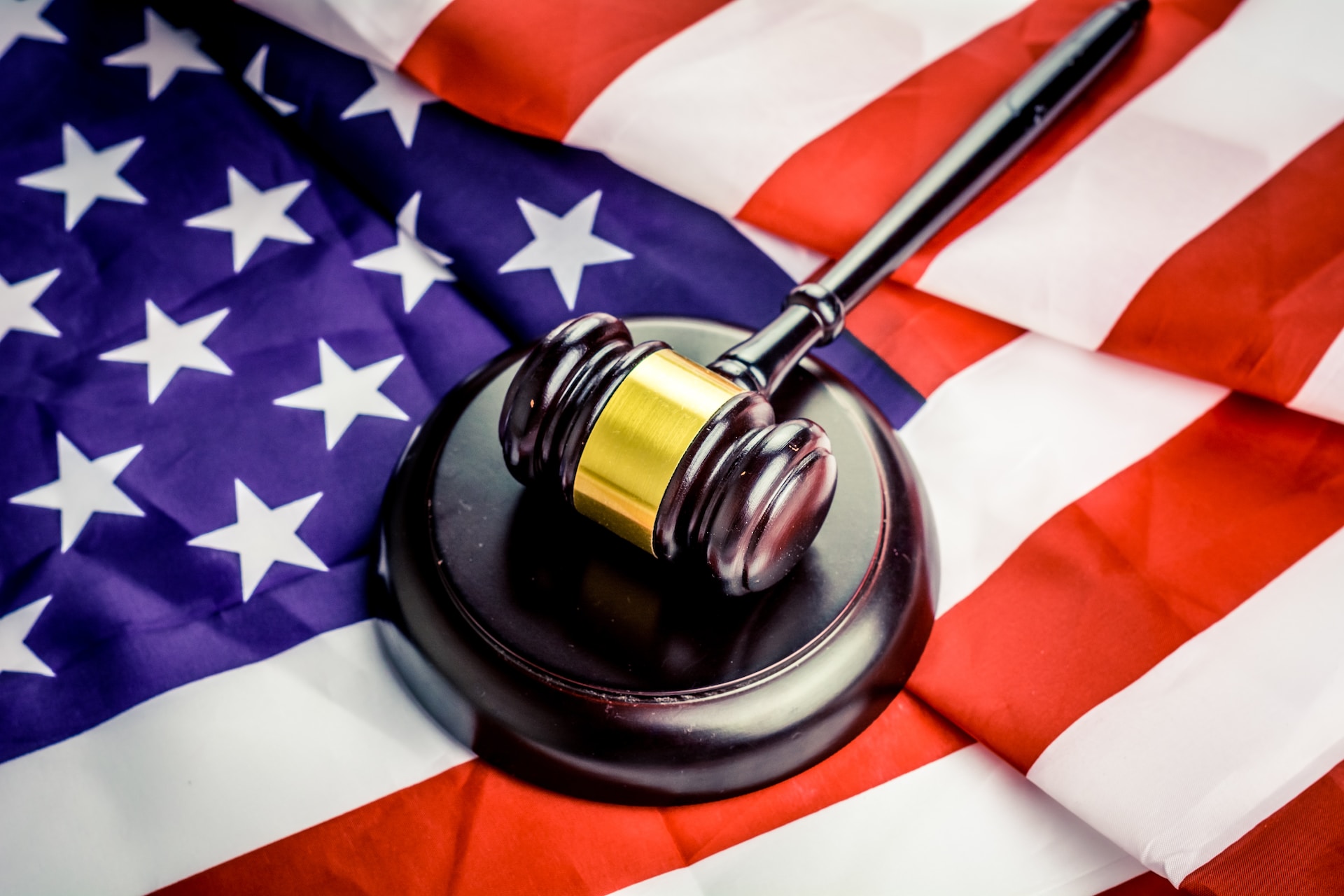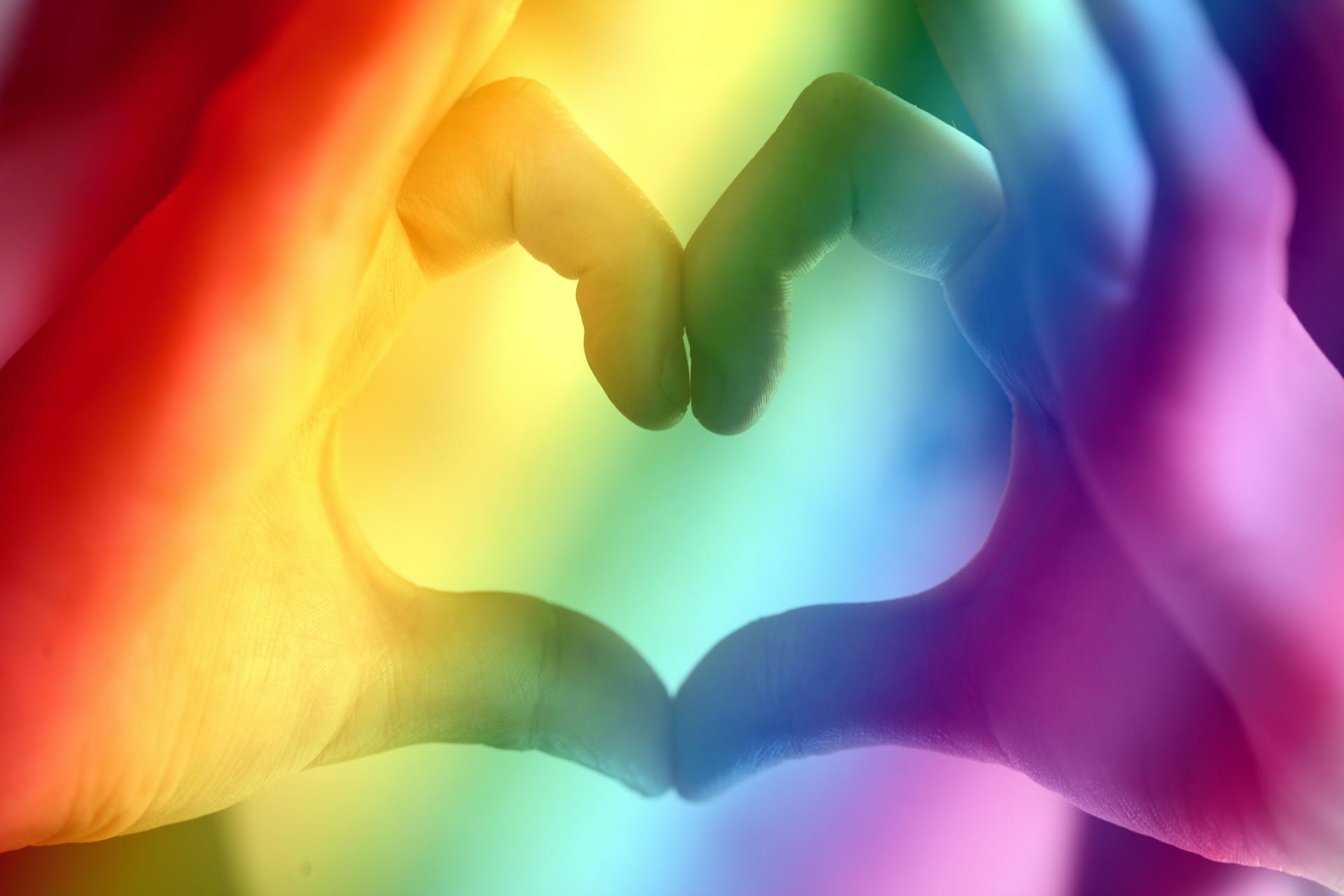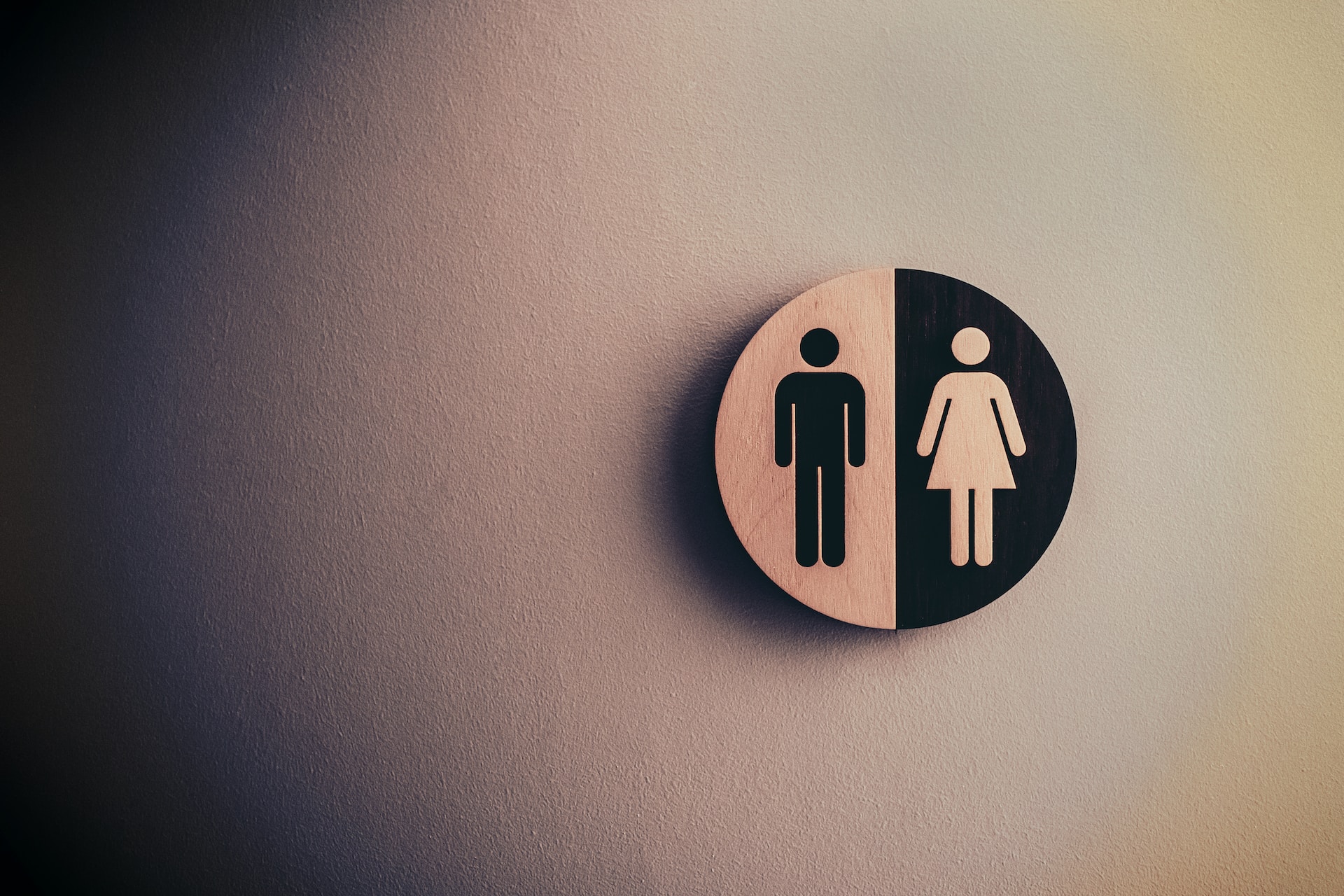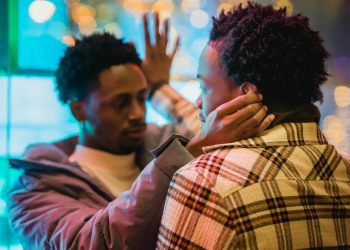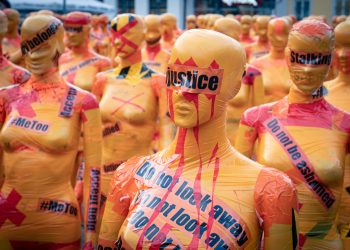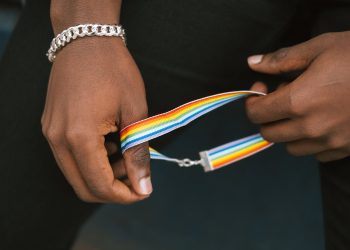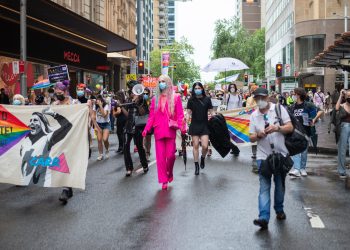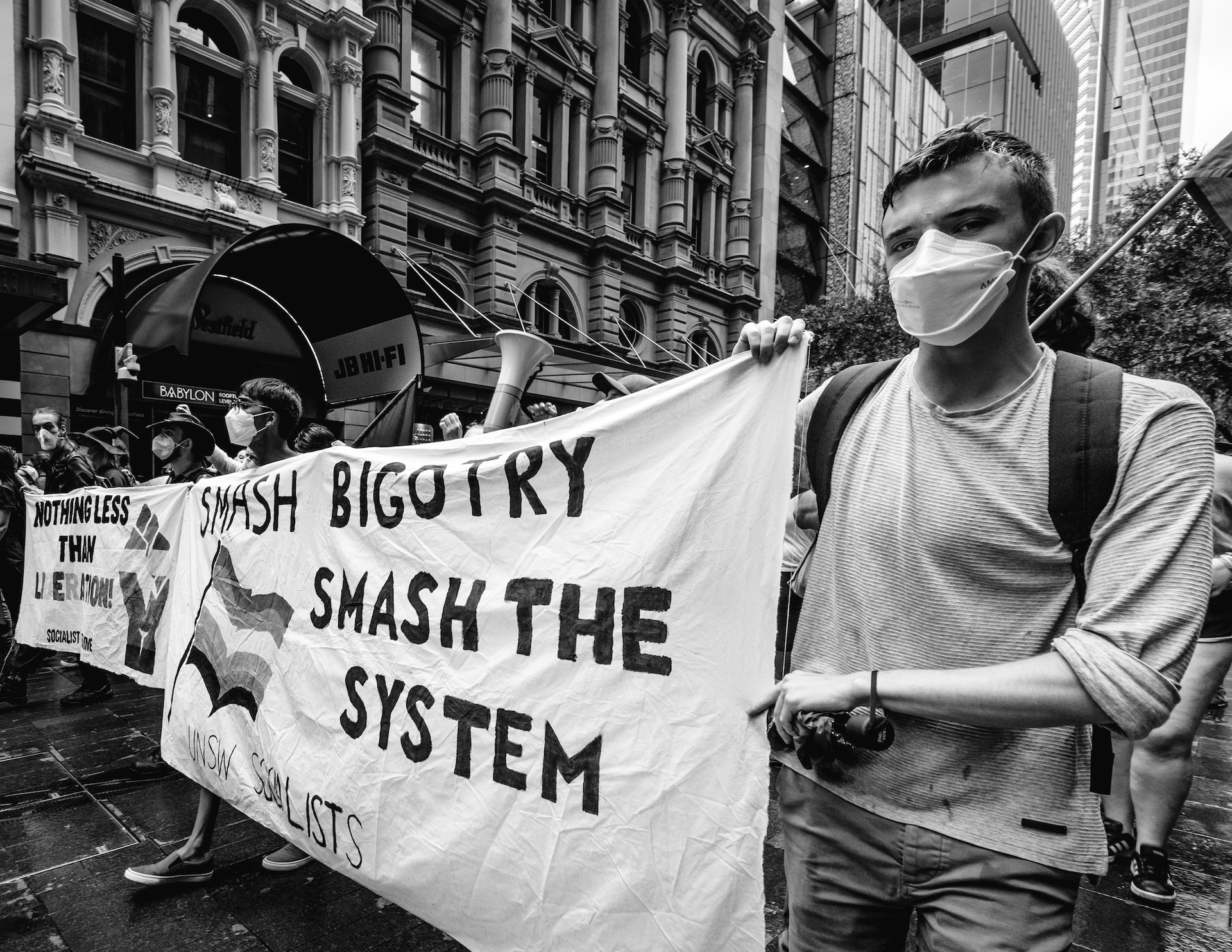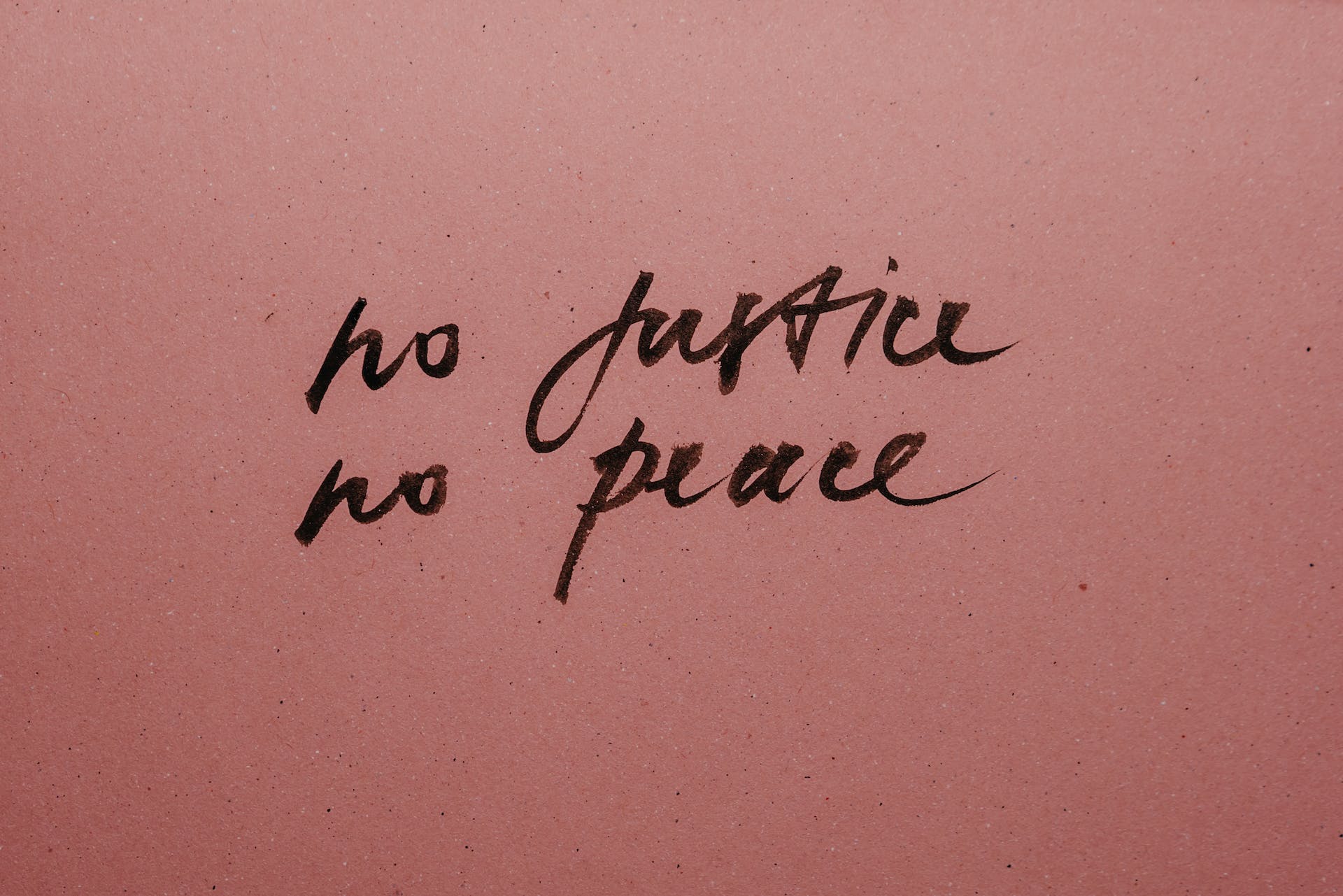In a notable legal development in Idaho, a federal judge has put a temporary stop to the implementation of the Vulnerable Child Protection Act. This legislation, which sought to restrict the availability of gender-affirming healthcare for transgender youth, faced considerable opposition from both medical professionals and LGBTQ+ rights advocates.
Description of the Disputed Legislation
The legislation under scrutiny aimed to forbid healthcare providers from delivering gender-affirming medical treatments, including hormone therapies, puberty blockers, and a range of surgical interventions, to individuals under 18 years of age. Violations of this legislation were set to incur serious penalties, including fines up to $5,000, the potential for criminal prosecution, and imprisonment for up to ten years.
Healthcare Sector’s Support for Gender-Affirming Treatments
Key medical organizations such as the American Medical Association, American Psychiatric Association, American Academy of Pediatrics, and the American Academy of Child & Adolescent Psychiatry have openly supported gender-affirming healthcare. They have stressed the treatments’ scientific basis and underscored their vital importance in promoting the health and well-being of transgender young people.
Judicial Rationale for Halting the Law
U.S. District Court Judge B. Lynn Winmill’s decision to halt the law was anchored in constitutional principles. He emphasized the necessity of equal treatment for transgender minors and the protection of parental rights in making significant healthcare decisions. Judge Winmill pointed out that the law breached the equal protection and due process rights enshrined in the 14th Amendment.
Idaho Governor’s Ambivalent Stance
Idaho’s Republican Governor, Brad Little, who ratified the bill in April, showed mixed reactions to the legislation. He recognized the importance of protecting minors but also raised concerns about the potential overreach of the government in matters of healthcare for children.

The Law’s Impact on Transgender Youth
A central figure opposing the law was a 16-year-old transgender person, referred to as Jane Doe, who highlighted the discriminatory nature of the law against transgender minors. She contended that it impeded their access to crucial healthcare services and violated their fundamental rights.
The Essence of Gender-Affirming Care
Gender-affirming care is a holistic strategy aimed at assisting individuals in matching their physical appearance with their identified gender. This approach includes various treatments like mental health assistance, hormone therapy, and surgical interventions, personalized according to each individual’s specific needs.
The Essential Nature of Early Gender-Affirming Healthcare
The Office of Population Affairs within the US Department of Health and Human Services highlights the crucial need for prompt gender-affirming care in supporting the mental and physical well-being of transgender young individuals. This type of care plays a key role in reducing mental health challenges and lessening the risk of suicide in transgender minors.
Conclusion
The recent legal shift in Idaho represents a significant advancement in the fight for LGBTQ+ rights, with advocates across various states challenging similar legal limitations. The halting of the Vulnerable Child Protection Act is a pivotal moment in the ongoing struggle to secure equal healthcare opportunities and safeguard the welfare of transgender young people.
©unitedradiance.org

